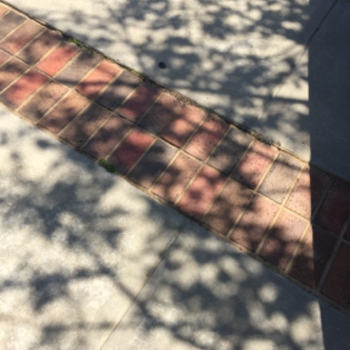Question #69513
1 Answer
Explanation:
Work by definition is the force (or a component of the force) times the distance it has traveled provided the force (or the component) and the distance are in the same or opposite direction.
If
Hence, the object, which is not a force, doesn't need to do any work or possesses any work unless it exerts a force on something else. For example, a car is smashing into road block, displacing it by 1.0 m, then the car has done work on the road block.
Another situation a body can do work is that it has high temperature-- meaning it has a lot of heat energy available. For it to do work, it must be in contact with something that has a lower temperature and that can expand or contract when it receive the heat, e.g., a gas cylinder that can expand in contact with a red hot iron bar.

